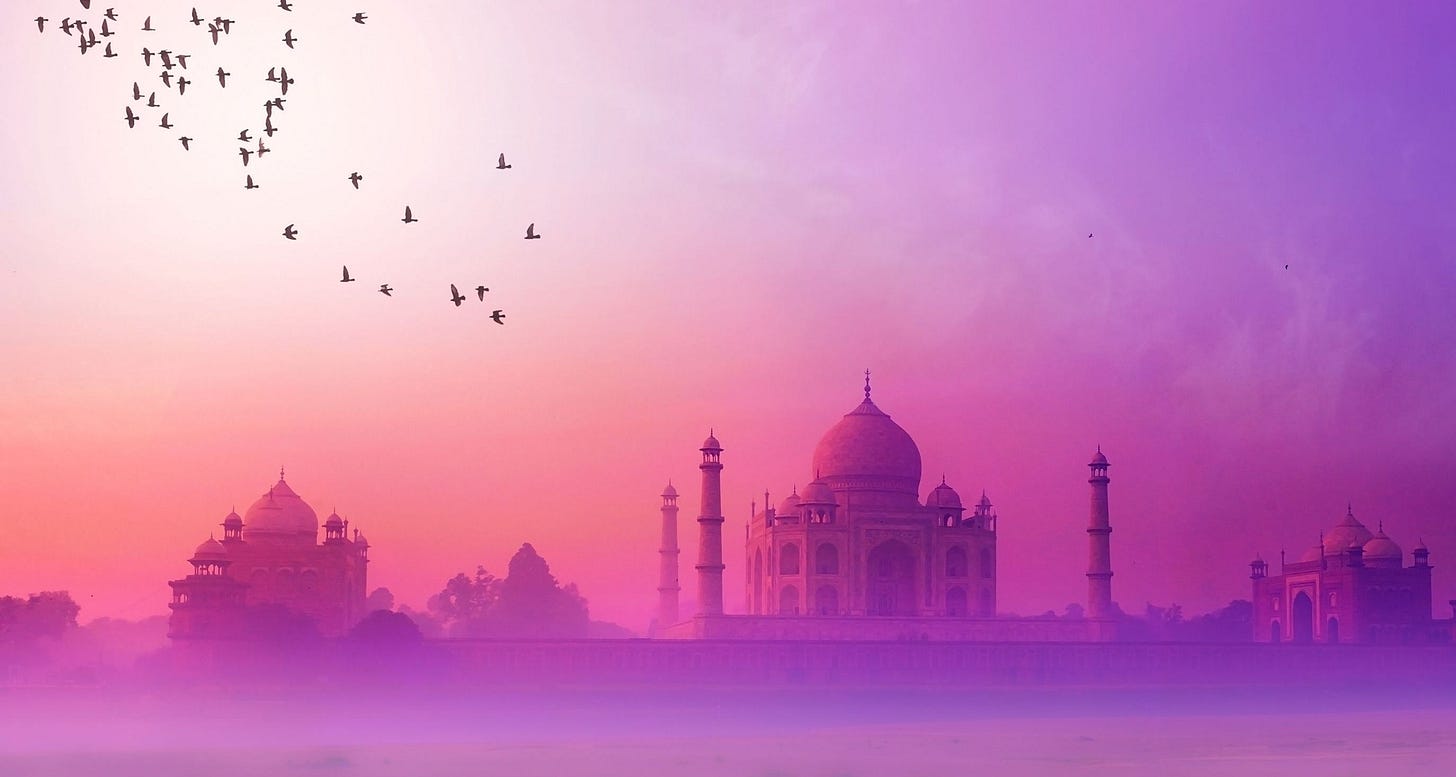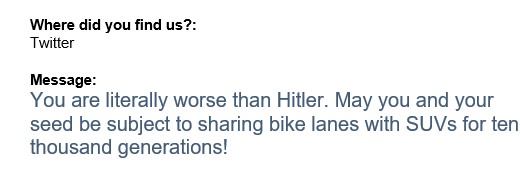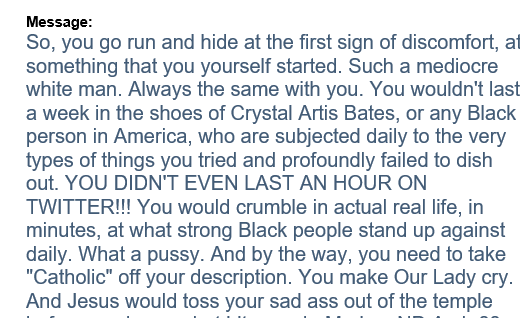E-Pluribus | February 9, 2023
When religion and politics converge, India's illiberal turn, and more hair-on-fire reactions to J.K. Rowling.
A round-up of the latest and best writing and musings on the rise of illiberalism in the public discourse:
Shadi Hamid: Embracing Islam to Own the Libs
The enemy of my enemy is my friend, the saying goes. When the enemy is a secularized culture, Shadi Hamid writes for The Free Press, more on the Right seem willing to set aside their theological differences and find strength in the numbers a more ecumeical outlook makes possible.
As the culture continues to secularize, to become more detached from any underlying moral vision, right-wing intellectuals have responded by gravitating toward more demanding forms of Christianity, particularly Eastern Orthodoxy and Catholic integralism. Among the more prominent converts has been the conservative author Sohrab Ahmari, who grew up in a secular home in Iran, immigrated to the United States, and eventually embraced Catholicism, which Ahmari credits with imposing a “tremendous order and metaphysical direction” to his life. Like Islam, these religious orientations are perceived to be tougher, more masculine, more grounded in rules rather than sentiments. They order freedom by constraining it. They not only entail exacting rites and rituals; they are explicitly about not making concessions to secular modernity.
Some of these Christian culture warriors have come to view Islam as a resource and Muslims as allies in the long struggle against progressive cultural dominance. The conservative author Rod Dreher—who converted to Eastern Orthodoxy in 2006, before it was cool—described his admiration in a post titled “Islam: ‘The Last Badass Religion.’”
“That’s something I respect about Muslims in general,” Dreher wrote, “they take their faith a lot more seriously than we Christians do. The only forms of Christianity that are going to survive the dissolution now upon us are going to be those that are serious about the faith, and incorporate it into disciplined ways of living.”
Ahmari put it this way: “I view Islam with greater respect as a Catholic than I ever did as a secular [person] or as an atheist.”
Read the whole thing.
Lydia Polgreen: The World’s Biggest Democracy Is Jettisoning Freedom and Tolerance
The Indian government’s recent suppression of a documentary critical of Prime Minister Narendra Modi is only the latest example of the country’s illiberal trend, writes Lydia Polgreen for The New York Times. Polgreen fears if Modi wins yet another term in the next elections, things will go from bad to worse for freedom in the world’s largest (for now) democracy.
Under Modi’s government, violence against Muslims in India has risen and is often unpunished. His government has enacted laws and policies that target Muslims, including changes to citizenship rules that disadvantage Muslims and revocation of the special status of Kashmir, a Muslim-majority region contested by India and Pakistan.
But it would be a mistake to think only Muslims are under threat in India. The government has systematically cracked down on all manner of free speech and dissent, increasing its emergency powers to block information it wants to keep from the Indian people and making it easier to hold dissidents under murky antiterrorism laws. An Indian journalist friend of mine, one of many who have left the country in despair over the past few years, put it this way: “It isn’t just an attack on Muslims. It is an attack on all Indians because it deprives us of ideas, thoughts, dreams and a rich life of the mind.”
[ . . . ]
It seems likely that a further emboldened Modi, bolstered by a third-term victory and the wind of history at his back, will seek to make fundamental changes to the structure of the Constitution and declare India a Hindu nation. This would drive a stake through the heart of the extraordinary and utterly original nation promised in Nehru’s majestic speech, changing its soul in profound ways.
Read it all here.
Caroline Downey: Progressive Activist Scrubs Website Targeting Harry Potter Video Game Fans
With the Harry Potter books and movies behind her, J.K. Rowling probably figured her time in the public spotlight was largely behind her as well, but that was before her comments about gender put her back in the glare. Caroline Downey at National Review reports on the latest developments in the silly saga of a new Harry Potter video game.
On Monday, a progressive U.K.-based web developer unveiled a website which like-minded gamers could use to find out whether certain channel owners on Twitch — the massively popular video game streaming platform — have played the game. Designed by Sam Gibbs, the website was titled, “Have They Streamed THAT Wizard Game?”
Gibbs and other social-justice activists had vowed to boycott the game over its affiliation with J. K. Rowling — the author behind the wildly popular book series that inspired the video game — who has spoken out in recent years against the more extreme demands of the transgender movement.
As of Wednesday, however, Gibbs’s website had been removed from the web.
[ . . . ]
Thought the website is down now, Gibbs’s post announcing its unveiling still remains on Twitter, with 13.4 million views.
The cancellation campaigns have so far proven futile, as Hogwarts Legacy has been raking in loads of revenue in pre-sales ahead of its Friday release. Gibbs’ website prompted some Twitter users, who said they had no previous intention of doing so, to head out to buy the game.
Read it all.
Around Twitter
Via John Sailer, a university dean helps spark an internet pile on:
Though more facts are needed, the Foundation for Individual Rights & Expression with a disturbing report of the arrest of a journalist in Ohio:
And finally, if these rumors are true, some of us are suddenly going to have a lot more free time… which may not be a bad thing:














